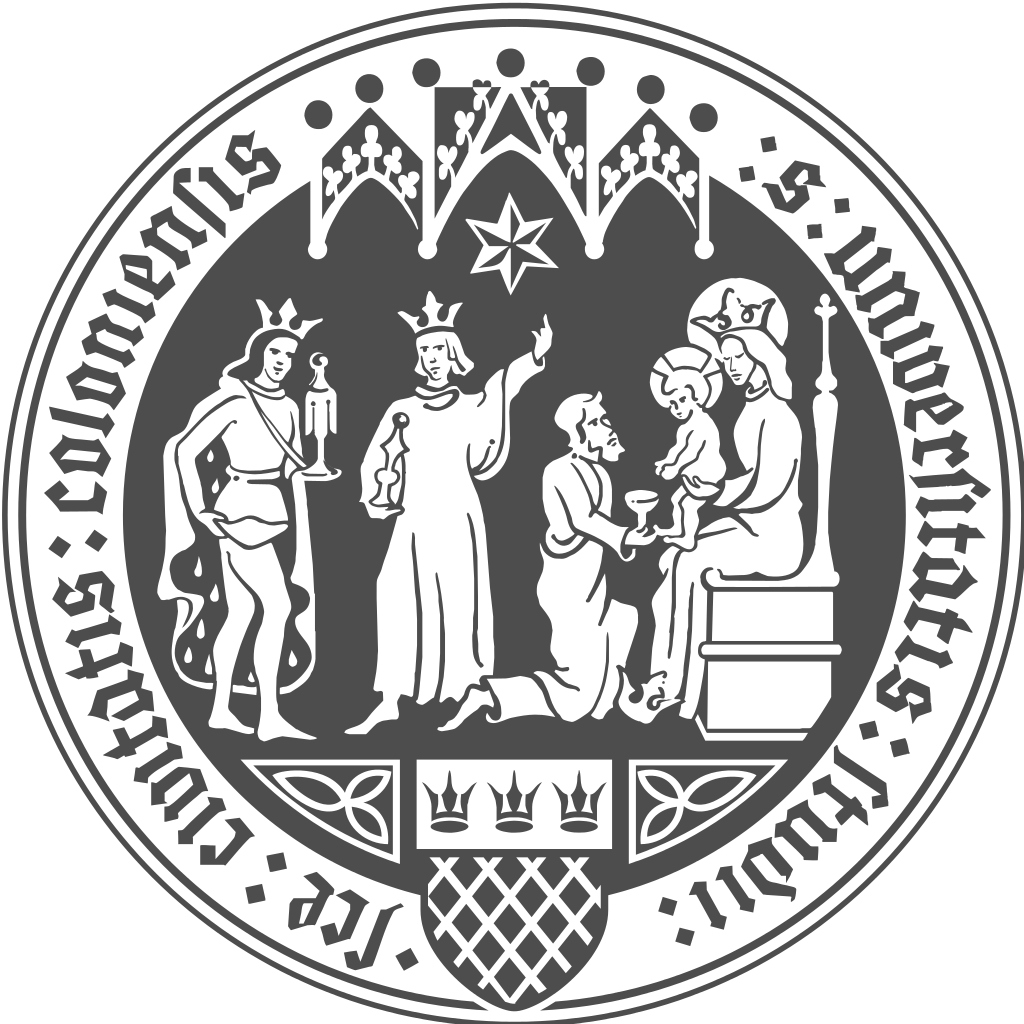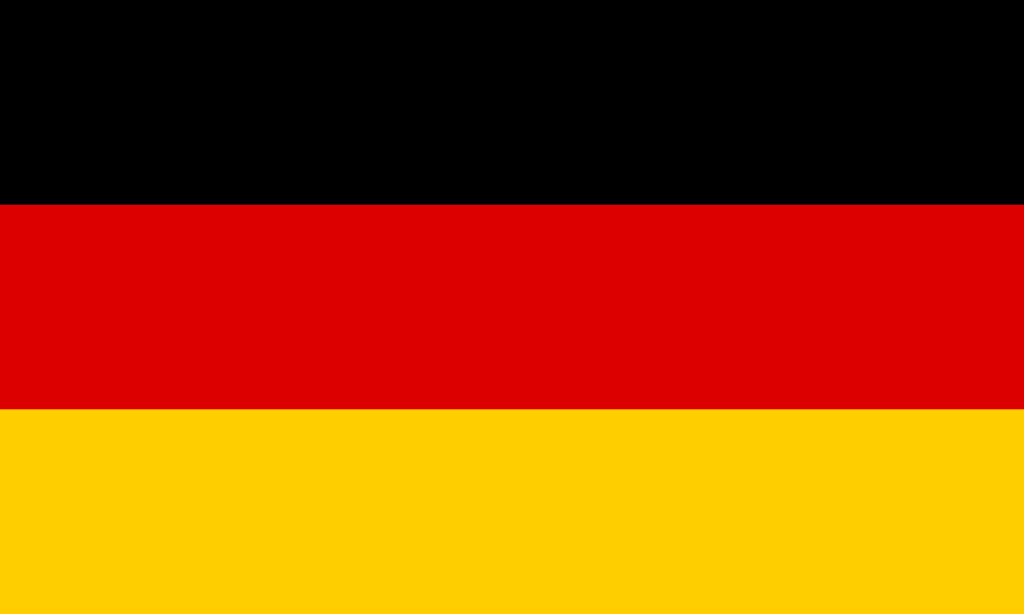International Exposure

University of Cologne


is a modern university in the heart of Europe. Academic excellence, internationality and widely varied curricula create a vibrant and inspiring environment for students, scientists and scholars. Cologne’s open and friendly atmosphere and its international outlook make it a place where people from all over the world feel easily at home. Cologne is Germany’s fourth largest city with a population of about one million people. It is home to a total number of over 150,000 students at 19 different institutions of higher education. This university is suitable for students to learn Welfare Policy, Economics and Politics, and Management.
| Program: | Student Exchange | |
| Duration: 1 Semester | Minimum GPA: 3.00 | Tuition fee: Waived |
| Quota: Depends on OIA | Minimum IELTS: 6.5 overall, no band under 5.5 | Living cost: EUR 652 – 1,100/ month |
| Deadline nomination: 15 July (Fall) 15 January (Spring) | Departure: September (Fall) March (Spring) | Insurance: EUR 110/ month |
Required Documents:
| Internal Selection | Application in OIA |
| Application form | Online application form (*after nominated) |
| Curriculum Vitae | Official Academic Transcript |
| IELTS Certificate | Curriculum Vitae |
| Academic Transcript | Motivation Letter |
| Letter of Nomination from faculty (*addressed to Head of Office of International Affairs) | |
| Scanned the personal page of the passport | |
| IELTS Certificate | |
| Letter of Recommendation from the academic advisor | |
| Certificate of Enrollment from faculty |
Fee
Germany Visa : EUR 75
Residence Permit : EUR 110
Flight ticket (return) : EUR 1146
Tuition fee : Waived by host university
Student insurance : EUR 110/ month or Students can use personal insurance as long as it can coverage you during your stay in Germany.
Living cost : EUR 652 – 1,100/ month
Details
Accommodation : EUR 350 – 600/ month
Meals : EUR 162 – 315/ month
Public Transport : EUR 50/ month (part of semester fee)
Miscellaneous : EUR 70 – 100/ month
Communication : EUR 20 – 35/ month
| Cologne University | Grade | IUP-PPM | Grade |
| 96 – 100 | 1.0 | 1.0 – 1.6 = A | 4,00 |
| 91 – 95 | 1.3 | 1.7 – 1.9 = A- | 3,75 |
| 86 – 90 | 1.7 | 2.0 – 2.2 = A/B | 3,50 |
| 81 – 85 | 2.0 | 2.3 – 2.6 = B+ | 3,25 |
| 76 – 80 | 2.3 | 2.7 – 2.9 = B | 3,00 |
| 71 – 75 | 2.7 | 3.0 – 3.2 = B- | 2,75 |
| 66 – 70 | 3.0 | 3.3 – 3.6 = B/C | 2,50 |
| 61 – 65 | 3.3 | 3.7 – 3.9 = C+ | 2,25 |
| 56 – 60 | 3.7 | 4.0 – 4.2 = C | 2,00 (Pass) |
| 51 – 55 | 4.0 (Pass) | 5.0 = C- | 1,75 (Fail) |
| 0 – 50 | 5.0 (Fail) |
Prospective Exchange Students from Partner Universities
Link for syllabus:
https://klips2.uni-koeln.de/co/ee/ui/ca2/app/desktop/#/login
6 ECTS = 4 SKS at UGM (transferred to 1 course).
Students need to take maximum 30 ECTS.
| Fall Semester Course | Spring Semester Course |
| Behavioral Topics in Corporate Social Responsibility | Fundamentals in International Taxation |
| International Strategic Management | Human Resource Management |
| International Trade and Investment | International Strategic Management |
| Economic History | Current topics in energy and environmental policy |
| Topics in Public Economics | Topics in Growth, Education and Inequality B |
| Current topics in Labor and Development Economics | Topics in Macroeconomics, Money and Financial Markets B |
| Ecological Economics | Competition Policy |
| Bachelor Seminar Energy Economics | Introduction to Energy, Climate Change and Sustainability |
| Social inequalities and mobility | Innovation and Sustainable Development in the Global South |
| Freedom and Liberation in Political Thought | CM Demography and Social Inequality 1: Family & Fertility |
| Populism in the Twenty-First Century | Later life and Health |
| Political Communication and Psychology in Europe | Community Social Cohesion and Crime |
| Gender and Politics | |
| The Public in Political Thought | |
| Germany’s European Politics – continuity and change after 16 years of Angela Merkel’s chancellorship |